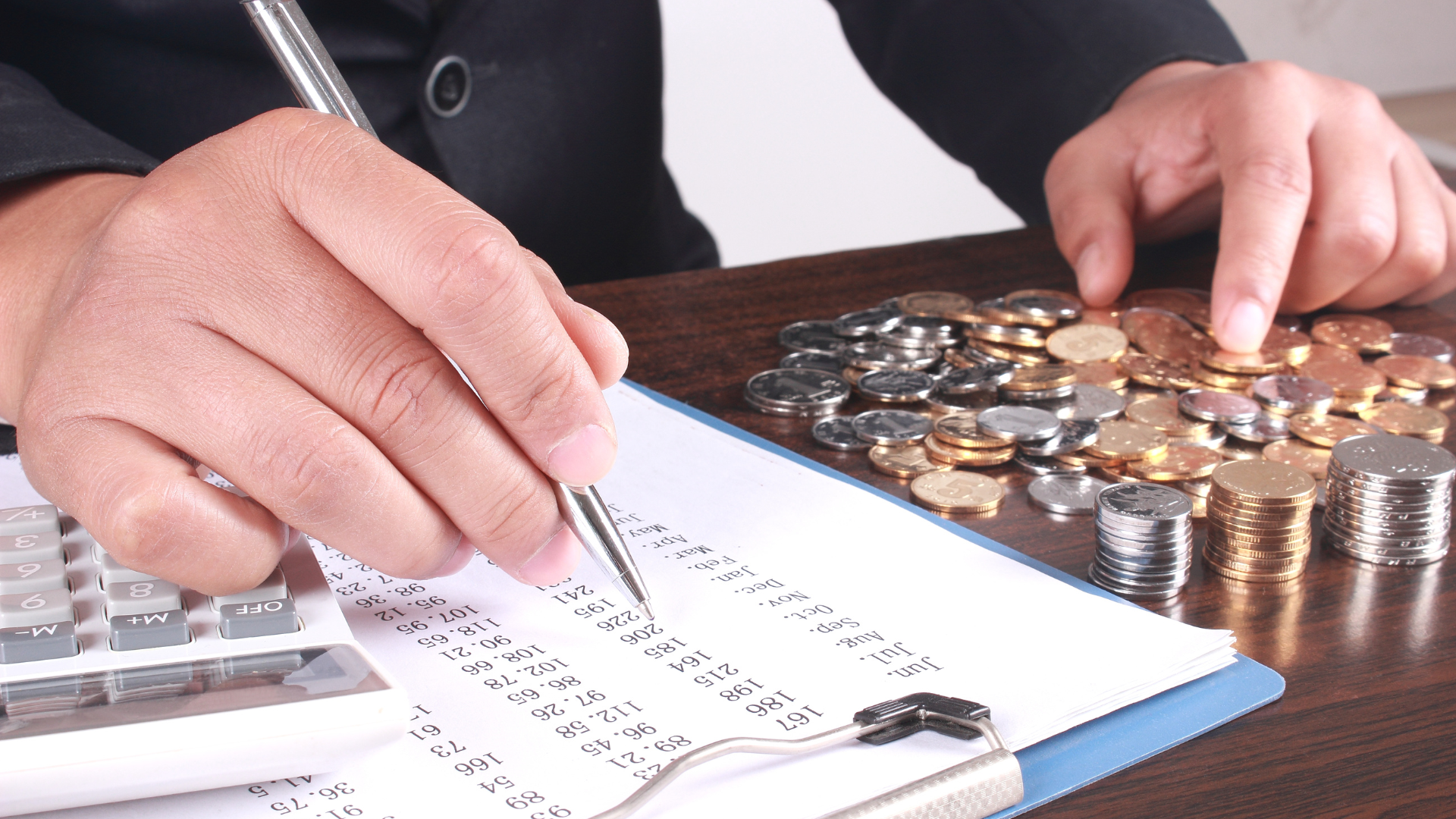If you, like many people, find money management hard to do, then you are probably trying to find a way you can ensure that you have enough money to pay bills as well as save money for any extra needs.
It is not easy to just leap into money management, it takes time and dedication, but with the right tips and tools at your disposal, you will be able to start spending money wisely, from paying bills on time to meeting your financial goals without being too stingy.
Without further ado, here are some ways that you can manage your money wisely through good money management.
What is Money Management
You don’t need a finance degree to know what money management is, but to boil it down to its essential steps, it is all about budgeting, investing, saving, and even spending money.
If you have never before paid much attention to your spending habits or even thought about setting up an emergency fund for those random things that crop up, then you are definitely not good at managing money.
With money management, you need to track what you spend and how you spend it, so you can ensure that your monthly income is able to cover your essential bills and living expenses, as well as help you save more money than you have previously.
How to Manage Money Wisely
Now that you know what encapsulates money management, here are some money management tips that should be able to offer you some help and insight into saving money and managing your monthly expenses properly.

Track Everything That You Are Spending
Right down to the last dollar, you need to take a look at what you are spending and how you are spending it to get a clear view of what is going where when you spend money and how that is affecting your current finances and financial goals.
Get a Notebook
To help you with tracking your expenses, it would be a good idea to get yourself a financial planning book that you can track everything with, such as receipts, utility bills, car payments, house payments, etc.
You can do this online to help save paper and ask to go paperless with your bank account, but it would also be good to have a physical copy that you can cross-check with to ensure that everything is in order and matching up.
Use a Money Tracking App
There are many apps out there that can be downloaded to your phone to use for money managing support as it will show you what you spend most of your money on and offer up some projections of what could happen in the future and how you can make a good financial plan.
You won’t need to connect it with your current account or savings account (it may not be available anyway), you just need to put in what you are spending with the money you have coming in.
This will help alleviate some of your financial stress.
Put Your Money Where it is Needed
If you don’t, at the moment, have planned out specific goals for your extra money after you have paid off your bills or dealt with any loans or debts for that month, then you may want to put your money into a savings account that has a good interest rate which suits your finances.
You also have the option of contributing towards the budget of your first home if you have money to save. If you already have a home, you should consider working towards boosting its value through additions, renovations, and more. By setting up a high-value home, not only do you assure personal growth, but you also ensure that your property has a high resale value. Further, a home of high value could even allow you to avail a higher Equity Release With Premier Equity Release or a similar company. As a result of obtaining a lump-sum equity release you could fund a comfortable retirement.
Create an Emergency Fund
Lastly, think about your health. Do you have any health concerns that could impact your retirement plans? Make sure to factor in any potential medical expenses when calculating how much money you’ll need to save.
If you live with someone, you probably have a joint account to help with paying the bills, however, you may also be saving money yourself for personal needs. This is where a separate savings account can be useful to create an emergency fund. After all, you never know when disaster can strike.
Picture this, just as you’ve completed 2 years in retirement, you’ve been diagnosed with a chronic health condition. If it’s not too serious, you can adapt to a newer lifestyle at home, but if it’s difficult to manage, you might have to consider the option of finding asylum in a senior community that provides assisted living facilities.
Being able to afford the best warrants the need for you to save as much. Maintaining a strong emergency fund source helps you stay self-reliant, monetarily that is.
Retirement Savings
It is crucial to prioritize saving for your retirement as you plan for the future. To establish a strong financial foundation, consider opening an IRA account. And to select the best IRA company, browse through https://www.irainvesting.com/precious-metals-ira-companies/, or seek recommendations by your bank or trusted advisors. This strategic step should help set you up for a secure retirement. By consistently contributing a designated sum of money to your retirement account, you can steadily build a financial safety net to support your retirement life. These savings will prove invaluable when it comes to covering essential expenses such as medical costs and realizing your travel aspirations.
Moreover, having a dedicated retirement fund will provide added benefits when you decide to check out this senior living community (or a similar facility) for your later years. The money you have accumulated can be utilized to cover initial deposits and monthly rent, facilitating a seamless transition to a comfortable and secure living environment. In short, by proactively saving for your later life, you are investing in your future well-being and enabling yourself to enjoy a fulfilling and worry-free retirement

See Where You Can Reduce or Eliminate Your Spending
When you are looking at managing your money, you will want to see if there is any way you can change your current spending habits either to reduce your outgoings or to eliminate some of your spending entirely.
To help with deciding on what you need to trim down or cut out, you may want to break up your spending into specific categories that will help you with making a plan.
Where You Should Be Looking
What are your essentials? – Water, electricity, rent/mortgage, gas, phone, internet, food, etc.
What are your non-essentials? – Eating out, days out, clothing, and any other activities.
If you notice that you eat out a lot or you have been spending money more on days out, then you will need to cut those back or get rid of some, even if it is only for a little bit, especially as you have actual bills to pay.
When it comes to your essentials, you can reduce them by shopping around for specific deals and seeing if you can change your internet plan or utility plans to another service at a better offer.
It takes time to get this all sorted out, so keep looking and get help from others who have shopped around themselves.
Look At Investment Opportunities
Along with putting your money into a savings account, you could also take a look at a variety of investment opportunities that are available to you.
There are a lot of different investment options available from low-risk to high-risk, so it is important that you speak to professionals in this line of work to help you with making the right choices when it comes to investing wisely.
It would be best to go for something relatively easy and low-risk to start with and then build up from there as this will open you up to a lot of different ways of saving and growing your money wisely.

Create a Personal Budget
As mentioned before, you may be living with somebody so you merge some of your expenses together, whilst this is beneficial, it is always good to have a personal budget that you can keep charge of and ensure that you are sticking to a set-out plan that you devised when deciding on what to do with your money.
Creating a budget sheet that includes steps such as –
- Adding up what your monthly income is, e.g. work income, bonuses, side work (if applicable), and tax refunds.
- What your monthly expenses are, e.g. housing (bills and maintenance), food, and transportation (public transport and/or driving).
After you have these set out, you can then subtract your expenses from your income and what you have left will be the rest of your budget for the month.
This budget may go towards paying off a debt or being put aside for savings/investments.
You may only have a little bit left over, and if that is the case, you will want to look at what you can reduce/cut out (see bullet point above), which can hopefully help you build on your budget money.
Pay off Your Debts
Quite a lot of people will have at least one debt issue in their life.
If it is one that you are able to pay off in installments without it affecting you too badly, then you should be doing that as much as you possibly can.
If it is a bigger debt that requires more of a commitment, you will need to work out with your bank, or wherever your debt is linked to, how you can pay it back properly and discuss a payment plan to make it work for you and them.
Make sure that you pay on time, and if you have the means to, pay off a chunk of it to help you with reducing it as much as possible.

Conclusion
Managing your money wisely takes a lot of commitment as well as determination.
It won’t be easy to do, especially if you are used to a certain way of spending your money, but you will be able to achieve it if you stick to the plan you made for yourself and you get the necessary help from specialists who know a thing or two about managing money.

